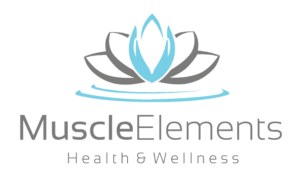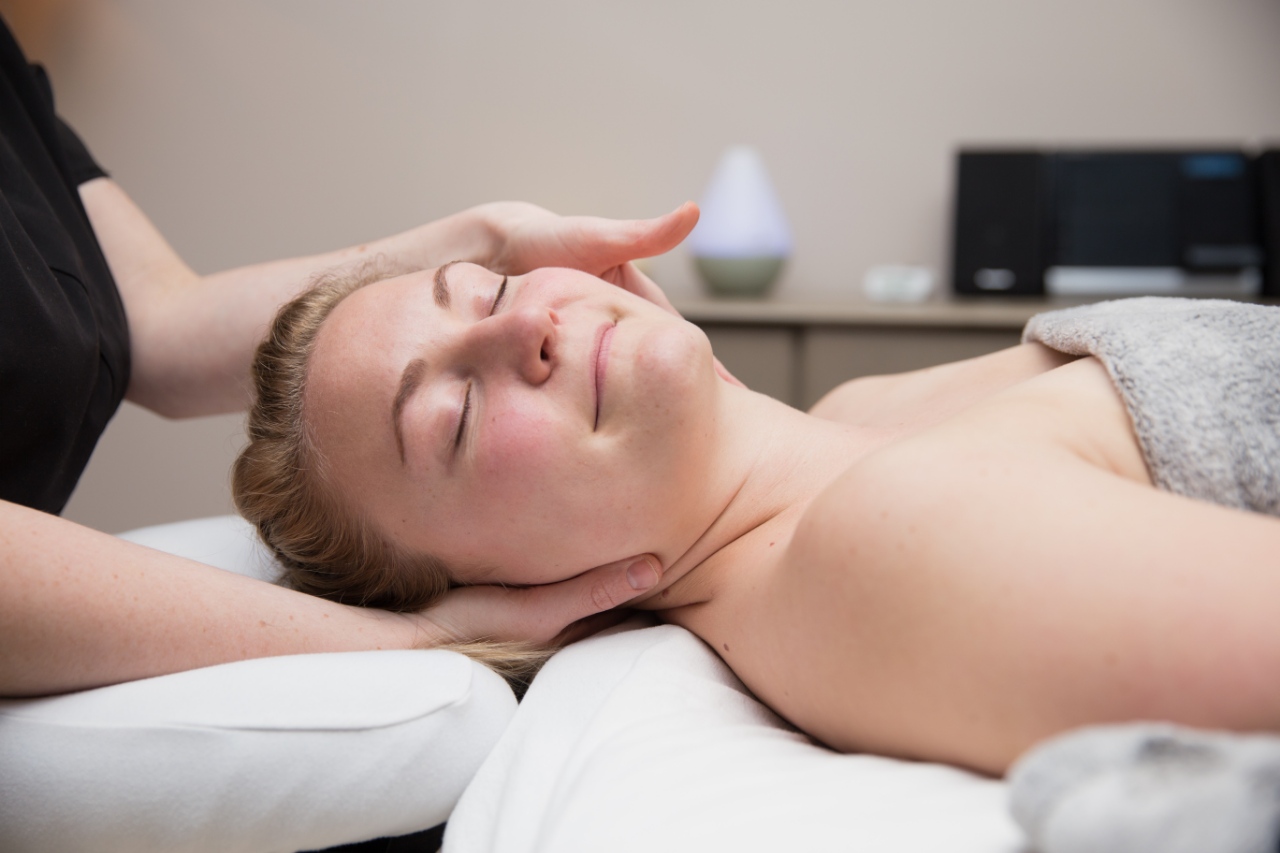Naturopathy
Naturopathy for Edmonton & Sherwood Park
What is Naturopathic Medicine?
Naturopathic Medicine uses evidence-based natural treatments, to stimulate the healing power of the body and treat the underlying causes of disease. In addition to dietary and lifestyle changes, naturopathic medicine treatments include nutritional supplementation, herbal medicines, homeopathic medicines, and acupuncture.
In this province, Naturopathic Doctors are government regulated by the College of Naturopathic Doctors of Alberta. In North America, Naturopathic Doctors must have successfully completed a 4-year post-graduate program at an accredited college of Naturopathic Medicine, and the Naturopathic Physicians Licencing Examinations (NPLEX) and provincial licencing exams.
How Does a Naturopathic Medicine Treatment Work?
The process that our Naturopathic Doctor follows is like that of your Family Doctor. We use conventional and naturopathic diagnostic tools for assessing your health concerns and creating your unique treatment plan. Your individualized wellness program is designed with you, rather than for you.
The initial intake assessment with our Naturopathic Doctor can take up to 90 minutes, as it includes a detailed assessment of your health goals and concerns, medical history, diet and lifestyle, and stress.
Our Naturopathic Doctor may also review medical reports, or can order more extensive testing, such as bloodwork, saliva testing and food sensitivity testing. We may also refer to another health care providers, if necessary.
What Are the Benefits of Naturopathic Medicine?
Naturopathic Doctors treat many forms of physical and mental health conditions using a combination of therapies, including dietary and lifestyle assessment and advice, patient education and counselling. Common Naturopathic Medicine treatments include herbal and nutritional medicine, which have been scientifically researched and studied extensively.
Some health conditions commonly treated/supported include:
- digestive concerns (e.g. heartburn, constipation, irritable bowel, Crohn’s, colitis, food sensitivities, etc.)
- hormonal imbalances in men and women, thyroid imbalances, menstrual irregularities (e.g. irregular or painful periods, PMS, menopausal symptoms, fibroids/cysts, etc.)
- infertility, pre-natal and post-partum care, pediatric/adolescent/young adult care, insomnia/sleep disturbances, mood/behavioural disorders (e.g. depression, anxiety, ADD/ADHD, etc.)
- stress
- low energy/fatigue
- chronic pain conditions (e.g. headaches, migraines, fibromyalgia, etc.)
- allergies (e.g. seasonal, environmental, food, etc.)
- skin issues (e.g. eczema, psoriasis, acne, etc.)
- compromised immune system (e.g. frequent colds/flu, infections, HIV support, etc.)
- auto-immune conditions (e.g. arthritis, lupus, Celiac disease, etc.)
- neurological disorders (e.g. multiple sclerosis, Parkinson’s, etc.)
- musculoskeletal pain (e.g. low back pain, sciatica, neck/shoulder pain)
- diabetes
- high blood pressure
- high cholesterol
What is Lactation Counselling?
Our Certified Lactation Counsellors are dedicated in supporting our clients to prevent and resolve breastfeeding challenges. Our Certified Lactation Counsellors work within a counselling model and are unique in their scope of practice due to their education and training in Acupuncture and Naturopathic Medicine. This allows our team to provide nutritional, herbal, and additional therapeutic support for parents and their babies.
Prices
*Students/seniors receive 25% off regular rates.
Frequently Asked Questions
Naturopathic medicine restores health and wellness by integrating holistic healing methods with scientific knowledge. It focuses on the root cause of illness rather than symptoms.
Naturopathic doctors examine each patient’s physical, mental, emotional, and spiritual health. By returning the body to a place of balance, naturopathic medicine addresses health concerns and builds resistance to the physical and emotional effects of illness and stress.
Furthermore, naturopathic doctors take a thorough case history, perform physical examinations, and order and interpret laboratory tests.
Once the doctor makes a complete assessment, they individualize the treatment approach to each patient’s specific health concerns, involving treatments such as:
- Clinical nutrition and supplementation
- Lifestyle and dietary counselling
- Food sensitivity and hormonal testing
- Acupuncture
- Herbal medicine
- Homeopathy
- Detoxification
- Traditional Chinese Medicine
Naturopathy treats all health concerns for people of all ages. It relieves many conditions, such as:
- Digestive concerns
- Hormonal imbalances in men and women
- Thyroid imbalances
- Menstrual irregularities
- Infertility
- Pre-natal and post-partum care
- Pediatric/adolescent/young adult care
- Insomnia/sleep disturbances
- Mood and behavioural disorders
- Low energy/fatigue
- Chronic pain conditions
- Allergies
- Skin issues
- Compromised immune system
- Auto-immune conditions
- Neurological disorders
- Musculoskeletal pain
- Diabetes
- High blood pressure
- High cholesterol
While some clients seek treatment for specific health concerns, others have more general goals like attaining optimal health or preventing future illness related to ageing or medical conditions that run in their family (e.g. heart disease, cancer, etc.).
Naturopathic doctors either serve as the client’s primary health care practitioner or in addition to medical doctors and other health care practitioners. Many clients use naturopathy as an alternative to conventional medical treatments, such as medication or surgery.
In all cases, safety is the primary concern. Naturopathic doctors closely monitor clients and only recommend safe treatments compatible with their existing medications and therapies.
Naturopathic doctors are similar to general practitioners and family doctors; however, naturopathy integrates conventional medicine with complementary health therapies.
Like medical doctors, naturopathic doctors receive post-graduate training in conventional medical sciences like physiology, anatomy, biochemistry, physical examination, laboratory analysis, pharmacology, and many other subjects.
The major differences include:
- The length of time spent with patients.
- Philosophy of health and wellness:
- While two people may have similar health concerns, naturopathic doctors always tailor treatments for each unique individual.
- Naturopathic doctors view the body as a whole rather than separately functioning compartments—an imbalance in one system can offset other parts of the body. Consequently, naturopathy addresses the actual cause of the imbalance rather than just treating its symptoms.
- By fortifying the foundations of health in the body, naturopathy optimizes health and qualify of life by treating disease and preventing it in the future.
- Treatment Approaches. Naturopathic treatments include:
- Nutritional supplementation
- Lifestyle & dietary counselling
- Traditional Chinese Medicine
- Acupuncture
- Herbal medicine
- Homeopathy
- Manual therapies (hydrotherapy, naturopathic bodywork).
Naturopathic treatments can work alone or in conjunction with conventional treatments. In many cases, naturopathic treatments replace conventional medicine or prevent unnecessary surgeries.
However, this process takes time, and the naturopathic doctor must closely monitor the client. Safety is always the priority, and naturopathic doctors must always account for any other medications or treatments.
The first appointment typically takes 60 to 90 minutes for adults, and 45 minutes for infants and children. You should arrive 15 minutes early to fill out any required paperwork, such as a health history form or authorization forms for direct billing.
During your first appointment, your naturopathic doctor will assess and discuss your health and wellness goals, medical history, and family medical history to determine the best treatment for your unique needs. Furthermore, our naturopathic doctor may ask you more in-depth questions about stress, energy, mood, and the immune system.
Our naturopathic doctor may review any recent lab or imaging tests and recommend additional testing, such as naturopathic-specific testing, or tests which they or your medical doctor can request.
Other tests may include a physical exam such as measuring blood pressure or listening to your heart or lungs.
At the end of the visit, they will outline your initial treatment recommendations and the long-term treatment plan.
The second visit is typically 1 to 2 months after your initial consultation and takes about 30 minutes. Follow-up appointments monitor your progress, introduce new treatments, and adapt your treatment plan. As your health improves, your visits will become less frequent.
After improving or resolving your main health concerns, your naturopathic doctor may treat other conditions that had been a lower priority to optimize your current level of health and prevent future illness.
Make sure to ask questions or for clarification at any time. It is vital that you understand the rationale for each treatment and feel comfortable with recommendations before moving forward with them.
Due to regulation and extensive training, the scope that naturopathic doctors practice is usually more extensive than many other natural health practitioners. For example, naturopathic doctors can diagnose, perform physical exams, and order lab tests and interpret their results.
Naturopathic doctors require very specific training and licensing requirements, including an undergraduate Bachelor’s degree from a university prior to being accepted to an accredited naturopathic college—there are currently two accredited naturopathic colleges in Canada and five in the United States.
The naturopathic program itself is 4.5 years of full-time study. During this time, naturopathic doctors train in:
- Medical sciences such as biochemistry, physiology, anatomy, and pharmacology
- Clinical sciences such as laboratory analysis, differential diagnosis, and physical examination
- Naturopathic therapies such as clinical nutritional lifestyle and dietary counselling
- Traditional Chinese Medicine
- Acupuncture
- Herbal medicine
- Homeopathy
- Hydrotherapy
- Naturopathic bodywork
- Spinal manipulation
Throughout training, students treat clients under the supervision of licensed naturopathic doctors, similar to an internship or residency program for a medical doctor.
The second year of study involves a naturopathic medical licensing exam that has a written and project-based component. Naturopathic doctors must complete both portions to practice in North America legally.
In Alberta, all naturopathic doctors must also pass additional screening to enter the College of Naturopathic Doctors of Alberta and uphold clinical practice standards, ethical standards, and continuing educations requirements, similar to other medical professions such as medical doctor, dentists, and optometrists.
Through their education in medical sciences and naturopathic treatment approaches, naturopathic doctors mediate between conventional and complementary medicine.
Many patients have valid concerns about the safety or appropriateness of some natural therapies. Naturopathic doctors can work alone or with other health care practitioners to answer those concerns and develop the best treatment plan for the particular individual.
Many extended health care plans cover naturopathic medical visits and some insurance plans may also account for supplements and specialized naturopathic lab testing (e.g. food sensitivity testing, hormone testing, etc.).
If you are unsure if a natural health practitioner is currently a member of the CNDA, please refer to the CNDA site.
All registered naturopathic doctors across Canada are also members of the Canadian Association of Naturopathic Doctors.
Refer a Friend
Do you know someone that would enjoy our holistic healing services? Please let us know by sending us a referral. We’d love to be able to help more wonderful clients like you!
Subscribe to our newsletter
Get wonderful insights for your holistic health and wellness directly into your email inbox. We love empowering our clients!



